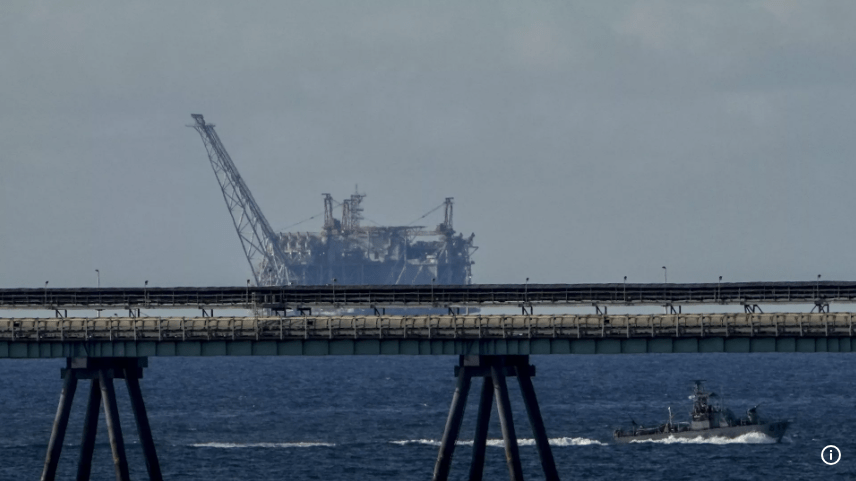As Israel spares Iran’s oil infrastructure in a retaliatory assault, oil prices plummet.

Crude prices plunged as Israel launched a limited retaliation attack on Iran, sparing its oil and nuclear facilities. China reported disappointing economic data, further weakening crude demand outlooks.
Crude oil prices plunged by more than 5% before paring losses during the Asian session on Monday, following news that Israel had avoided targeting Iran’s oil or nuclear facilities in retaliation for Iran’s ballistic missile attack on 1 October. Iran’s state media reported that its oil production was functioning normally.
The limited military operation eased concerns about a potential all-out war in the Middle East, which could have led to a significant disruption in the crude supply.
Michael Brown, Senior Research Strategist at Pepertone in London, wrote in a note: “This could indeed be a situation similar to April, where a degree of face has been saved on both sides, and tensions may now begin to subside, even if only in the short term.
“If so, one would expect a reduction in the risk premium priced into crude, and for the bulls to lose one of their few sources of support – particularly with the demand outlook still rather bleak.”
The Brent January contract fell by 4.06% to $72.56 per barrel, while the West Texas Intermediate (WTI) December contract slumped 4.42% to $68.63 per barrel at 8 am CET. Both benchmarks dropped to their lowest levels since 1 October.
Economic concerns take precedence
Oil prices have been fluctuating between bullish and bearish factors since the beginning of the year. Weak demand outlooks, amid China’s economic slowdown, have been weighing on oil markets, although the Middle East conflict had overshadowed economic concerns and cushioned the price decline.
In April, crude prices sharply retreated from six-month highs amid ceasefire talks between Israel and Hamas, as geopolitical tensions temporarily eased. Iran’s missile attack on Israel earlier this month marked the latest escalation in the Middle East conflict, sending oil prices soaring.
Now, economic factors are once again driving crude prices. Over the weekend, data from China’s National Bureau of Statistics revealed that the country’s industrial profits in September fell by 27.1% year on year, the steepest decline since the pandemic.
A report from the International Energy Agency (IEA) indicated that oil demand is expected to grow at only half the pace in 2024 and 2025 compared to 2022 and 2023, primarily due to a decline in Chinese demand.
The report stated: “China is underpinning the slowdown in growth, accounting for around 20% of global gains both this year and next, compared to nearly 70% in 2023.”
OPEC to increase production
OPEC and its allies met on 2 October and agreed to continue with their plan to increase production from December, although the organisation emphasised the need for some members to make further cuts to offset overproduction.
The group plans to increase output by 180,000 barrels per day and gradually unwind its voluntary cuts, which have been in place since late 2022. OPEC+ has been cutting production by a total of 5.9 million barrels per day, or 5.7% of global demand.
OPEC+ also revised down its oil demand forecast for 2024 and 2025 earlier this month, projecting an increase of 1.93 million barrels per day in 2024, down from the previous estimate of 2.03 million barrels per day.






